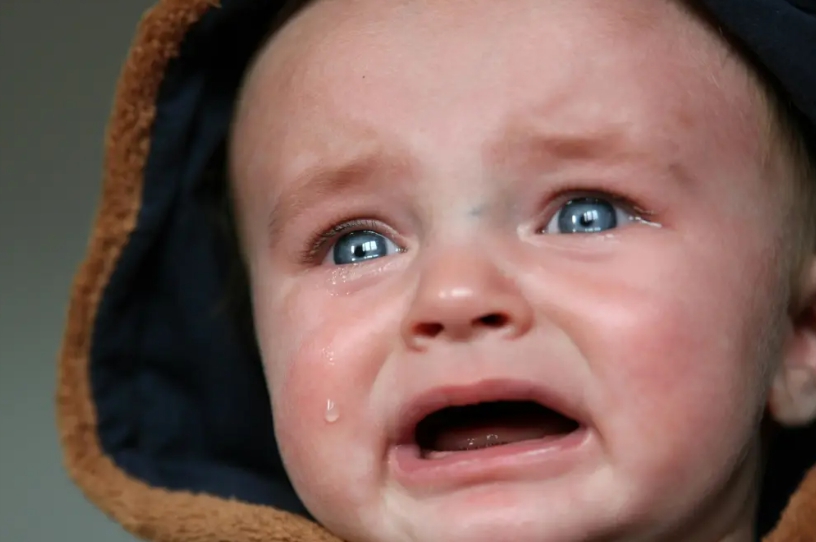When your baby catches their first cold, it can be a stressful time for any parent. Coughing is one of the most common symptoms, and knowing how to care for your baby during this time is essential. Here’s a guide to handling your baby’s cough safely and effectively.
My baby caught his first cold when he was 10 months old. As babies approach 12 months, the immunity they inherited from their mothers starts to diminish, making them more susceptible to illnesses and infections.
Here is some important information you need to know when your baby first starts coughing.

1. What to Do When Your Baby Coughs?
If your baby starts coughing, it’s important to monitor the severity and frequency of the cough. While a mild cough is often not cause for alarm, a persistent or severe cough should be checked by a pediatrician. You can try these simple steps to help your baby:
- Keep your baby hydrated with plenty of fluids.
- Use a humidifier in the baby’s room to keep the air moist.
- Hold your baby upright to help relieve coughing.
- Gently pat your baby’s back to help clear mucus if needed.
2. What Medicine Can a Baby Take for Cough? (Ingredients to Watch Out For)

When it comes to treating a baby’s cough, you must be careful with medication. Over-the-counter cough syrups are generally not recommended for babies under one year of age due to the risk of side effects. Common ingredients in cough syrups, like dextromethorphan, should be avoided for infants. Always consult your pediatrician before giving your baby any medication.
If your baby is older than one year, natural remedies such as honey can be used to soothe the throat (but never give honey to babies under one year). Your pediatrician may recommend a specific pediatric formula that’s safe for your baby’s age.
3. What Happens if the Cough Gets Worse? (Examples Included)
If your baby’s cough gets worse, it may indicate a more serious condition, such as:
- Bronchiolitis: A common viral infection that affects infants, leading to wheezing, shortness of breath, and coughing.
- Pneumonia: An infection that causes severe coughing, fever, and difficulty breathing.
In cases like these, a doctor may prescribe antibiotics or other treatments. In severe cases, hospitalization may be necessary.
Case Example: A baby under six months old developed a persistent cough that worsened over a few days. The parents took their baby to the pediatrician, who diagnosed bronchiolitis. After starting treatment, the baby’s condition improved within a week.
Conclusion
While it’s normal for babies to get a cold and cough, keeping an eye on their symptoms and seeking medical advice when necessary is key. By following the steps above and consulting a healthcare professional, you can ensure your baby stays as comfortable as possible during their recovery.
This structure should help your post rank well by addressing common questions parents have when their babies are sick. Including personal stories or examples, as shown in the case study, also adds authenticity and relatability.



